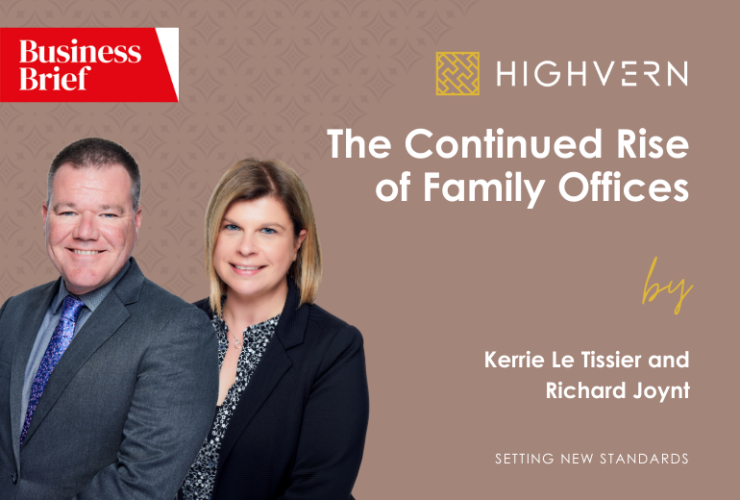
Understanding Jersey and Guernsey Foundations
By Billi-Jean Brown, Associate Director in Jersey and Simon Smith, Associate Director in Guernsey
Foundations serve as a flexible, alternative structure to traditional entities like trusts or companies, offering a range of benefits. Both Jersey and Guernsey have enacted foundation laws—Foundations (Jersey) Law 2009 and Foundations (Guernsey) Law 2012—which allow individuals and families to establish foundations for various purposes.
They are used for holding assets, benefiting family members, charitable purposes, or specific transactions, either standalone or within larger structures. As a trustee, HIGHVERN plays an essential role in managing these structures, ensuring compliance and governance, and facilitating the foundation’s long-term objectives.
Both Jersey and Guernsey foundations require a registered office and are incorporated and registered with their local registry which for some provides additional comfort of an entity that is viewable and kept in good standing with certificates available to order from the islands’ registries should there be a requirement to prove a Foundation is in good standing.
Foundations may have the following associated parties connected, however there are some differences between Jersey and Guernsey foundations to be considered detailed below.
Comparing Jersey & Guernsey Foundations:
| Feature | Jersey | Guernsey |
| Founder | Can stay involved with the running of a Foundation by becoming a Council Member | Same, with no restriction on involvement |
| Council members | At least one council member must be regulated under Jersey law | If there are no regulated entities appointed as either a Council Member or Guardian, then a Resident Agent must be appointed who must be regulated in Guernsey |
| Guardian | The law prevents an individual from being both a Council member and a Guardian but permits the Founder to serve as the Guardian. | Guardian must have fiduciary duty to beneficiaries and to the founder |
| Beneficiaries | No right to information unless specified in the charter. However, a beneficiary can apply to the court to enforce the foundation’s terms. | Beneficiaries may be enfranchised and/or disenfranchised, with only enfranchised beneficiaries entitled to certain information. Under Guernsey Law should there be no enfranchised beneficiaries, a Guardian must be appointed.
|
| Public/Private Information
| Charter and abridged regulations are public; details of council members are public, but Founder and Guardian details can be kept private. | Foundation details, including the name, registration number, and names/addresses of Council Members and Guardian, are on a public register. |
| Regulations | Tailored to individual needs (such as reservation of powers), with amendments allowed | Same, with provisions for changes over time |
All in all, Jersey and Guernsey Foundations were created to ensure flexibility in as many cases as possible. Should you wish to receive further information or guidance on how HIGHVERN can assist with the incorporation or management of either a Jersey or Guernsey Foundation, our experienced team is here to help.
As a trusted service provider, HIGHVERN is committed to delivering effective management of Jersey and Guernsey foundations. We provide seamless foundation administration, overseeing all aspects of governance and compliance. Our tailored solutions offer flexible structures that can be adapted to the unique needs of families, businesses, or charitable purposes. Additionally, we offer ongoing support, working closely with foundation founders, council members, and guardians to ensure alignment with the foundation’s objectives.



